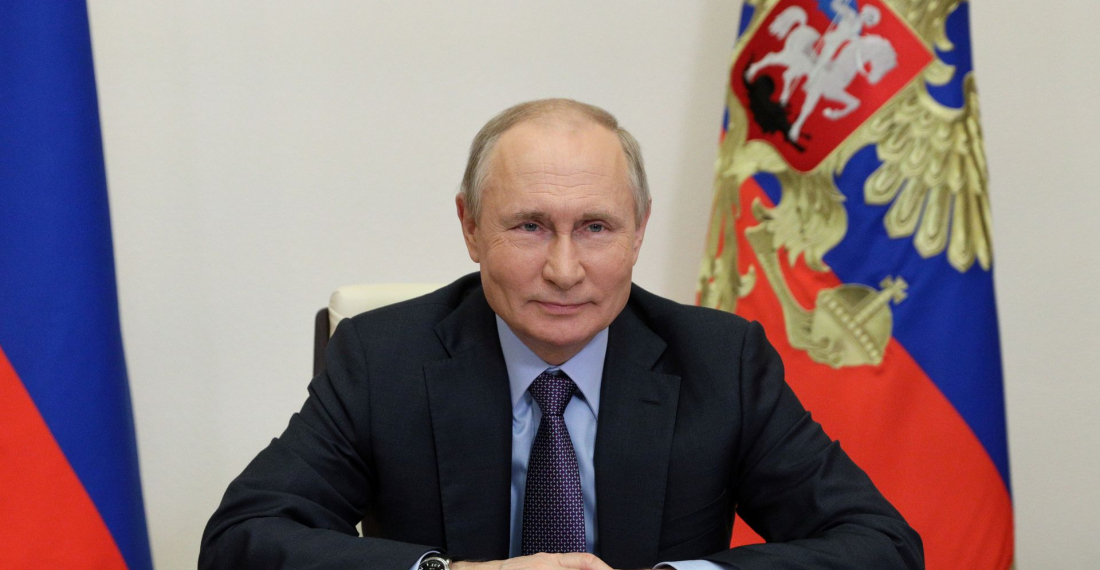In an interview with the Russian state television channel Vesti on Saturday (12 November), the Russian President Vladimir Putin said that Russia is not involved in the migrant crisis on the border between Belarus and Poland.
Large numbers of migrants have gathered in the border zone in recent months. The migrants have not been stopped in their way to the European Union for months and are reportedly being brought in and assisted by Belarus.
"I want everyone to know that we have nothing to do with it", Putin said in the interview. Several western European member states have accused Minsk of sending thousands of migrants to the border with EU member states. On Friday (11 November), the German government urged the Kremlin to influence the way Belarus handles migrants at the border. A government spokesman said he expected Putin to take "the right steps".
In the interview, Putin also commented on remarks made by Belarusian President Aleksandr Lukashenko earlier this week. In them, he threatened to cut off gas supplies to Europe if the European Union imposed sanctions on his country because of the migrant crisis at the border. The Russian President says that Lukashenko did not coordinate his threats with the Kremlin beforehand. According to Putin, Moscow's relationship with both Belarus and the EU would be affected if Lukashenko actually cut off gas supply to Europe. Russia stressed Friday that it would continue to pump gas to Europe.
Brussels will possibly decide on Monday (15 November) about new sanctions against Belarus.
source: commonspace.eu with the Russian state television channel Vesti and agencies
photo: The Russian President Vladimir Putin. Sputnik






